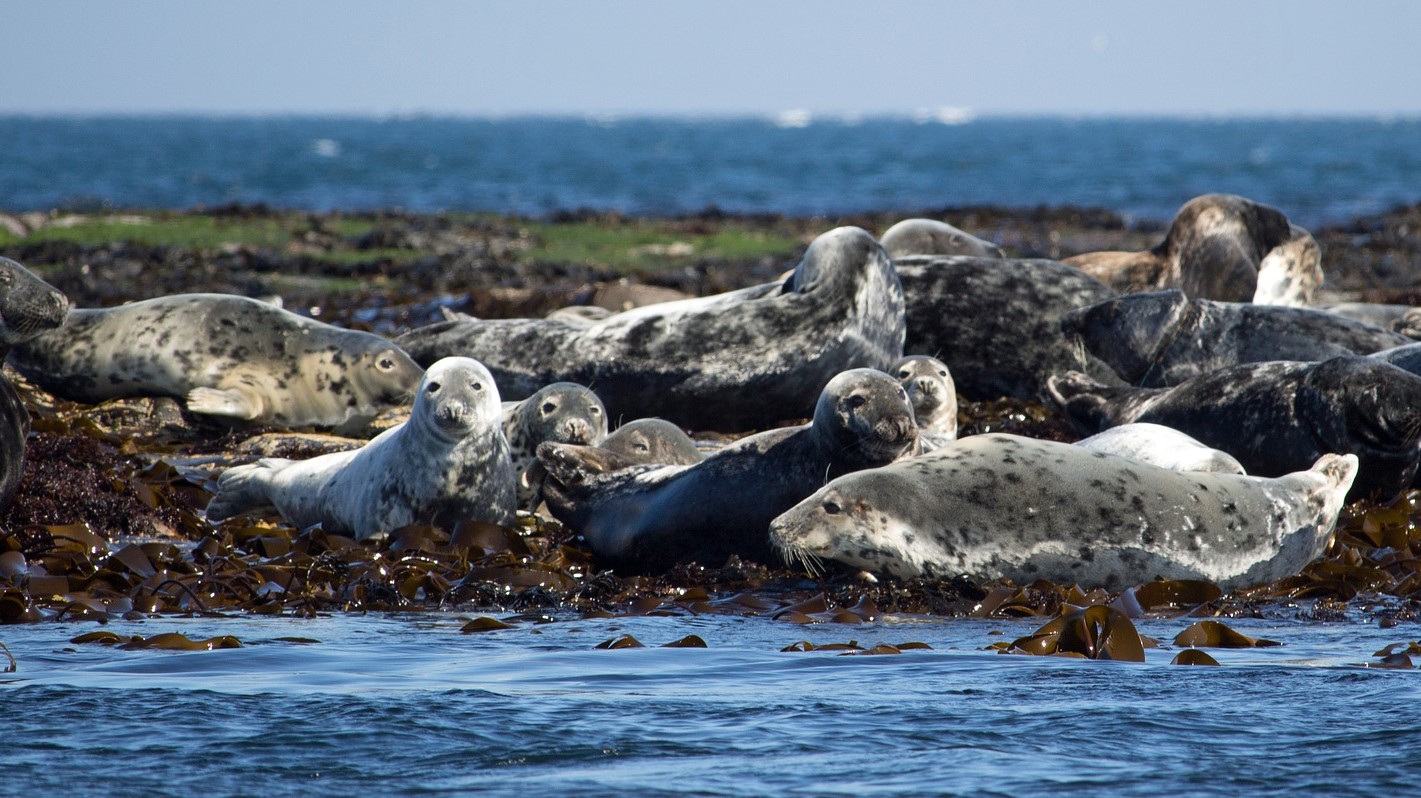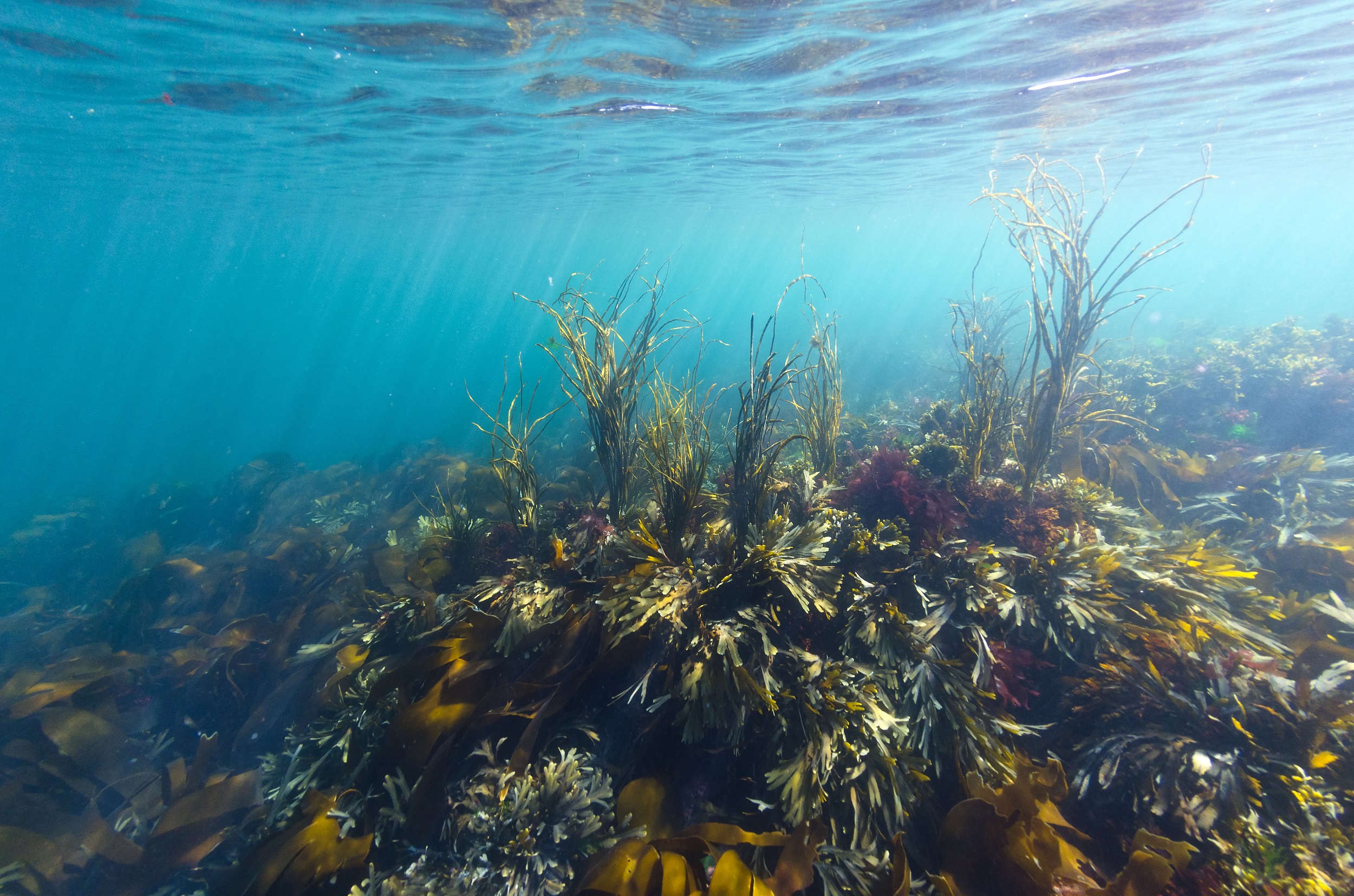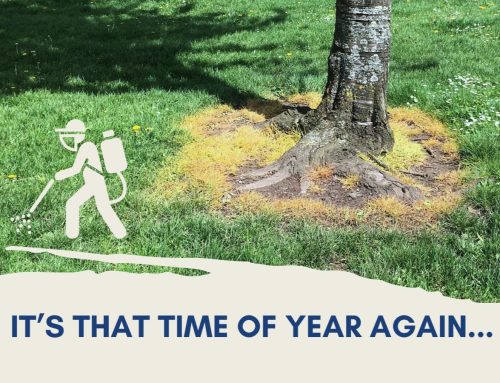by Dr Julie Schneider (CHEM Trust) and Dr Francesca Bevan (Marine Conservation Society)
Chemical pollution is a big concern for aquatic wildlife in the UK. Agricultural pesticides and road runoff, household and industrial wastewater, as well as leachates from landfills and past industrial sites, all end up as mixtures of chemical contaminants in our rivers, as they make their way to the sea. The chemical pollution levels are a major concern as, in England, not a single one of the 4,679 rivers, lakes or estuaries achieved good chemical status according to the Environment Agency 2019 assessment.
CHEM Trust and the Marine Conservation Society joined forces to answer the question: what impact is chemical pollution having on aquatic wildlife in the UK? The results of our investigation, based on exchanges with 15 UK academics throughout 2020, are covered in our joint briefing: “State of play of the impact of chemical pollution on freshwater and marine wildlife in the UK”.
What is clear from our investigation is that:
- There is strong and clear evidence of the impact of legacy persistent organic pollutants (POPs) on aquatic wildlife in the UK, in particular, marine mammals.
- There are major data gaps regarding the trends of emerging contaminants in freshwater and marine environments as well as their impact on aquatic wildlife in the UK, including for pesticides.
- Chemical pollution contributes to the biodiversity crisis in the UK and the Government should take urgent actions to address it in a context where aquatic wildlife is subjected to many other stressors such as climate change and habitat loss.
Legacy POPs, such as the pesticide DDT, are human made synthetic substances that have been largely phased out globally in the past decades. These “poisons from the past” are highly persistent in the environment, which is why they are still impacting aquatic wildlife decades after being phased out.

Grey seals – Northumberland, UK by Jonathan Cannon
In the marine environment, these legacy chemicals, in particular polychlorinated biphenyls (PCBs), have been found to negatively affect the immune system, reproductive system and lipid metabolism of marine mammals in the UK (e.g. killer whales, harbour porpoises, grey seals). This is a source of concern for the long-term impact of chemical pollution on marine mammal populations, with clear evidence that killer whale populations are in decline. In freshwater, POPs are thought to be responsible for the fact that specific freshwater species, such as certain fish and invertebrates, have only partially recovered from their decline in the 20th century.
An incomplete picture: major data gaps on other contaminants
The chemical landscape has evolved significantly in the past decades, with thousands of new substances put on the market and a strong diversification of compounds. Emerging contaminants of concern include, PFAS also known as the ‘forever chemicals’, new generations of flame retardants, neonicotinoid insecticides and pharmaceuticals.
Unfortunately, the scarcity of data on other contaminants makes it difficult to derive their trends and impacts on aquatic wildlife in the UK. For instance, the potential role of pesticides in the decline of amphibian populations due to infectious disease in the UK has yet to be fully investigated. By focussing on only a handful of well-known chemicals, environmental monitoring in the UK paints a very incomplete picture of the true pollution burden of aquatic wildlife and ecosystems. Real-world chemical exposure is a complex mixture of known and unknown natural and anthropogenic substances. Academics mentioned that in several instances, it cannot be ruled out that adverse effects ascribed to specific legacy contaminants could, in reality, result from a combination effect of legacy and emerging pollutants.

Shallow marine waters in the Hebrides by Joost van Uffelen
12 Key Asks for the UK Chemicals Strategy
The UK Government should aim at minimising emissions of all synthetic substances into the water environment, including pesticides. All new synthetic substances emitted are adding to the existing chemical pollution burden. This burden includes persistent chemicals such as POPs and PFAS for which the impacts will be felt for generations.
UK academics are calling for chemical regulation to be much more proactive by preventing new ‘problem’ chemicals from entering widespread use to avoid having to mitigate the impacts retrospectively. This is an important message for the UK Government to take onboard, as a consultation of their new Chemicals Strategy is expected in late 2021.
27 UK NGOs, including CHEM Trust, MCS and PAN UK, have written to the UK Government to outline 12 Key Asks that should be prioritised for the UK Chemicals Strategy. The key asks include among others:
- Phasing out the use of the most hazardous chemicals, including very persistent chemicals such as PFAS.
- Identifying and remediating hot spots of legacy POPs contamination.
- Developing legislation that addresses combined exposure to chemicals, or the cocktail effect.
- Developing an effective monitoring and alert system.
To protect our aquatic biodiversity, we urge the UK Government to listen to the concerns raised by the academics and implement our 12 Key Asks.
 Dr Julie Schneider is a campaigner at CHEM Trust, a charity working to prevent human-made chemicals from causing long-term damage to humans and wildlife. Her work focuses on persistent synthetic chemicals, in particular PFAS.
Dr Julie Schneider is a campaigner at CHEM Trust, a charity working to prevent human-made chemicals from causing long-term damage to humans and wildlife. Her work focuses on persistent synthetic chemicals, in particular PFAS.
 Dr Francesca Bevan is the policy and advocacy manager for chemicals at the Marine Conservation Society. Francesca concentrates on the chemical pollutants that are impacting our seas including PFAS and other persistent organic pollutants.
Dr Francesca Bevan is the policy and advocacy manager for chemicals at the Marine Conservation Society. Francesca concentrates on the chemical pollutants that are impacting our seas including PFAS and other persistent organic pollutants.





